China is the biggest eCommerce market in the world with $562.66B in sales projected for 2015.
Factors like population contribute to their top slot. Case in point, China has more than 600 million internet users.
And this is important if you are an eCommerce shop owner. Shopping is the fastest growing online activity in China. Exciting news when considering different types of marketing campaigns targeted at your Chinese customers.
Email marketing is extremely lucrative. 75% of surveyed Chinese consumers were willing to buy something after receiving a promotional email of some sort. Make sure the message is on point.
The average internet user in China is 25 years old, so think about tailoring a message to that millenial demographic.Mobile Optimization is Key. Finally, more than 70% of customers will make a purchase on a smart phone so make sure your emails look good on mobile devices.
United States eCommerce Market
The US comes in second with $349.06B in projected eCommerce sales in 2015.
Online Spending by Device
- PC: 72%
- Tablet: 13%
- Smartphone: 15%
Pretty crazy, no?
Even though only 28% of small business are selling products online, over half (57.4%) of the US public shop online.
Keep in mind these interesting eCommerce statistics when emailing and marketing to your US-based shoppers.
98.9 million Americans have purchased, at least once, on a mobile device.While more Americans own a smartphone than tablet, they are more likely to purchase on tablet.
80% of people who shop on tablets will place an order on one. Only half of the people who actually shop on a smartphone will place an order on their phone, preferring a tablet or PC.
Lastly, most US shoppers place a strong value on the ability to check for product availability at brick-and-mortar stores near them.
This is where an abandoned cart campaign can do the legwork – especially if a coupon or incentive is offered.
UK eCommerce Market
The UK is third on the list with $93.89B in projected online sales for 2015.
Online Spending by Device
- PC: 71.4%,
- Tablet: 12.1%
- Smartphone: 16.5%
UK shoppers primarily use PayPal, debit and credit when purchasing online so make sure your site is catering to plastic, not virtual currency like Bitcoin, Dogecoin, or COD.
Note, COD or ‘cash on delivery’ is still a thing in Russia, for example.
70% of UK consumers own a smartphone, but only about 16.5% of actual purchases are made on a phone.
Here’s a good one.
33% of online sales occur after 6 pm.
People apparently love buying stuff from the pub. This may or may not be a fact.
What is fact, however, is sending email in the late afternoon and evening will get more activity than earlier in the day.
Japan eCommerce Market
$79.33B is Japan’s total projected online sales this year.
Penetration Stats
- Internet Users: 79.9%,
- Tablet Users: 10%
- Smartphone Users: 55%
Recent studies say Japanese consumers have been spending more time at home than ever, which means less time shopping at department stores.
This is a huge opportunity for online retailers.
Most Japanese consumers buy online based on trust. They typically only buy from retailers with good reputations and reliable products.
To market to Japanese customers it may be beneficial to run feedback campaigns and grow product reviews so you can have those featured on your site and gain trust.
Germany eCommerce Market
Germany is an European economic powerhouse and has $74.46B in projected online sales for 2015.
Online Spending by Device
- PC: 72.3%
- Tablet: 11.5%
- Smartphone: 16.2%
This makes it tough for small or new online shops to get a foothold in Germany, but there is light at the end of the tunnel.
Fashion is the most popular product category in Germany.
Thus, if you have a small fashion shop, you might be able to grow quite successfully in the German market.
While in the UK, email is primarily read in the evening, Germans read their email first thing in the morning.
Consider sending email campaigns before 9AM to see the best ROI.
Despite having a massive amount of internet adoption, Germany isn’t so big on Facebook’ing, Twitter’ing, InstaGram’ing and other social media websites.
They place much more emphasis on email. Only 17% of Germans check their Facebook first thing in the morning.
Germans love returning stuff.Germany has an astronomically high return percentage with 50% of all orders getting returned.
Keep this in mind and include free shipping and returns, with labels in orders to keep your German customers happy.
France eCommerce Market
This past year France had $42.62B in projected total online sales.
Online Spending by Device
- PC: 80.8%
- Tablet: 8.1%
- Smartphone: 11.1%
The French also spend less per transaction than those countries.
Mobile sales, including the use of tablet and smart phone, jumped by over 50% from 2013-14 and continue to grow.Again, it’s so important, in any country, to make sure your emails are mobile optimized and/or responsive so you shop doesn’t lose out on customers.
Except for maybe Brazil. More on that later.
South Korea eCommerce Market
$36.76B is the total for 2015 of projected online sales in South Korea.
Online Spending by Device
- PC: 49%
- Tablet: 1%
- Smartphone: 50%
This explains why South Koreans have high debt.That doesn’t mean they will buy just anything at just any price. If there’s a deal, sale or promotion, it will often go viral.
Also, having the fastest internet speed in the world probably doesn’t hurt.
Night owl shoppers.
As opposed to early bird Germans and evening shoppers in the UK, South Koreans are notorious night owls, shopping late into the night.
The most popular times for engagement are 10PM to 12AM so target these customers then.
Local South Korean products are up to nine times more expensive than prices overseas.
This could be why we see South Koreans purchasing a lot of American products.
Another interesting factoid worth noting is the low adoption rates of tablets. Thus, the low the online spending.
Canada eCommerce Market
Canada has $28.77B total in projected online sales this year.
Online Spending by Device
- PC: 83.8%
- Tablet: 7.5%
- Smartphone: 8.7%
The U.S. has stolen hockey from Canada and their customers.
So why are Canadians buying from non-Canadian companies? Prices.
Non-Canadian products, especially American and Asian products, are cheaper and offer a better selection as opposed to Canadian products.Shipping costs in Canada are 3.6 times higher than the US.
This is important to consider when it comes to potentially offering shipping discounts to customers.
67% of Canadians who own smart phones have made purchases through their mobile devices.
As always, this makes it critical that emails are responsive.
Russia eCommerce Market
$20.30B is Russia’s total projected online sales for 2015.
Online Spending by Device
- PC: 80%
- Tablet: 12%
- Smartphone: 8%
The most popular products purchased online are electronics followed by clothing and shoes.
There’s a problem with Russia.
Distribution is a massive barrier when it comes to Russian eCommerce.
Some areas don’t have high-speed internet, while other areas don’t have the infrastructure in place for deliveries.As opposed to nearly every other country on this list, Russians prefer to pay with cash upon delivery.
Russians might not trust online payments, but they certainly don’t mind purchasing with a smartphone.
Roughly 39% of orders are generated from a smartphone.
Brazil eCommerce Market|
With $18.80B in projected total online sales for 2015, Brazil is number ten on the list.
Penetration Stats
- Internet Users: 53.7%
- Online Shoppers: 33.4%
- Smartphone Users: 29%
Many of the largest Brazilian companies have been extremely slow in connecting their digital and offline channels.
Only 7% of eCommerce sales are driven by smart phones, so responsive email templates might not matter so much, unlike in the larger eCommerce markets.
Brazilians primarily shop online for fashion which makes up about 18% of online retail.When it comes to marketing, companies spend more on acquisition that retention.
http://www.remarkety.com/global-ecommerce-sales-trends-and-statistics-2015

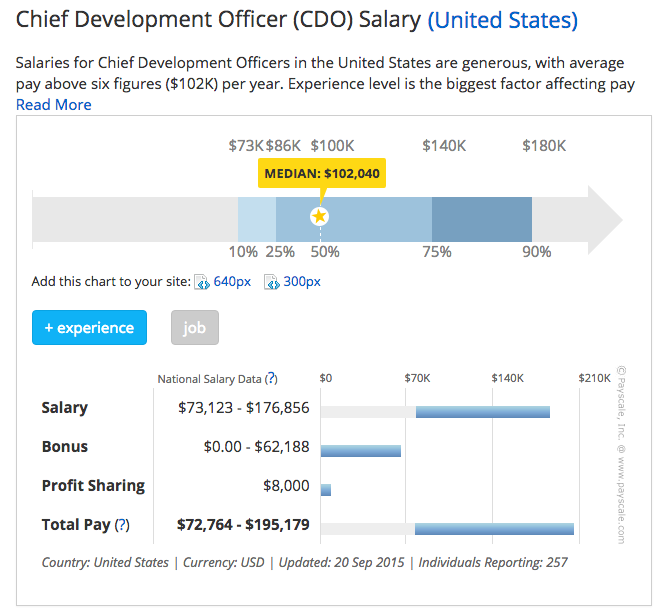





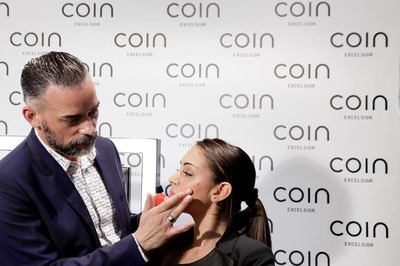
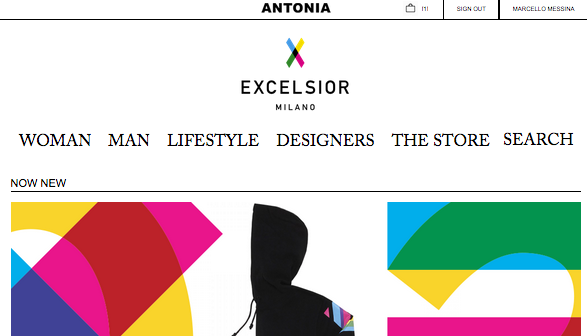
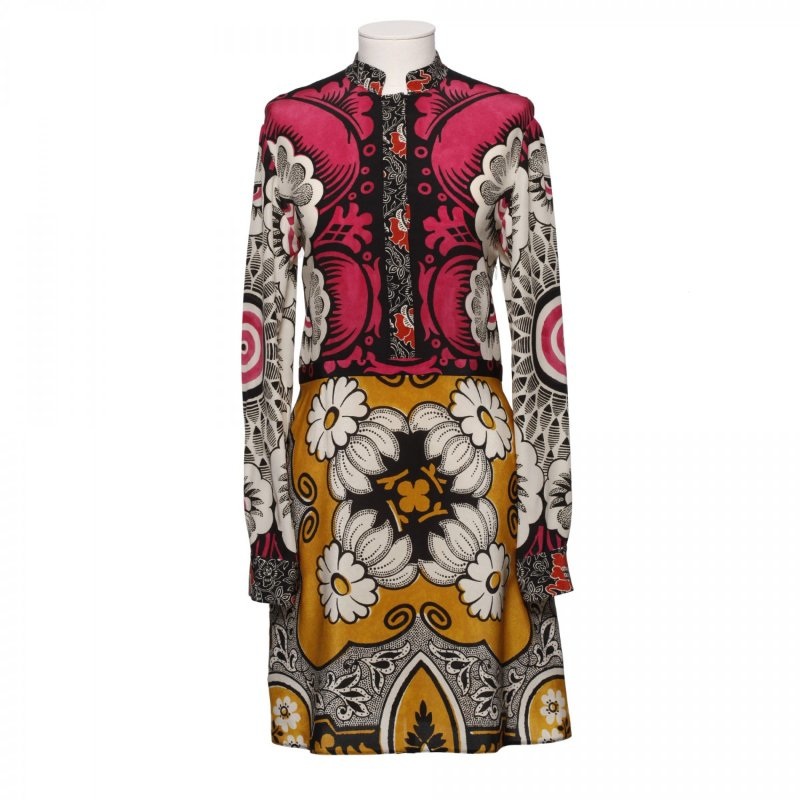
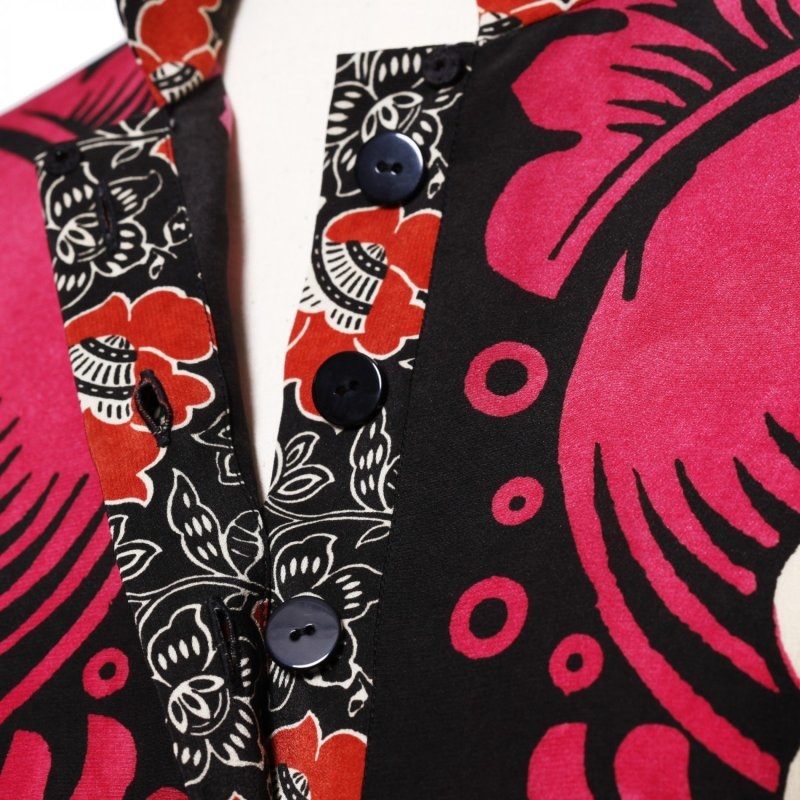
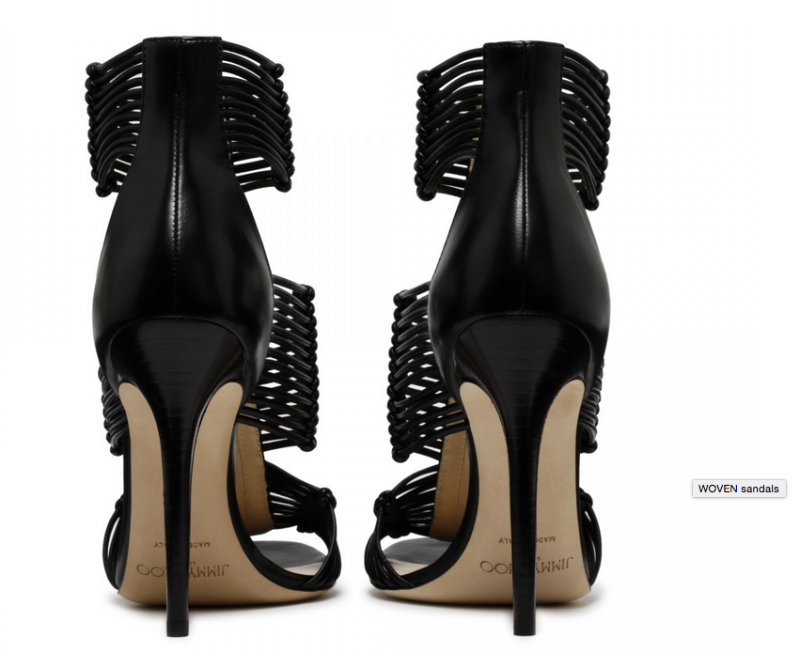




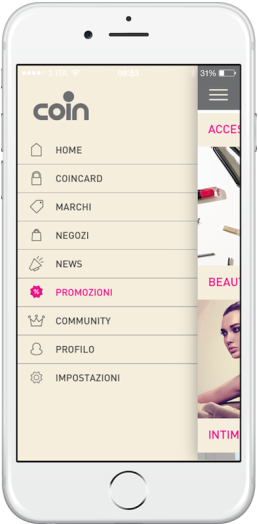
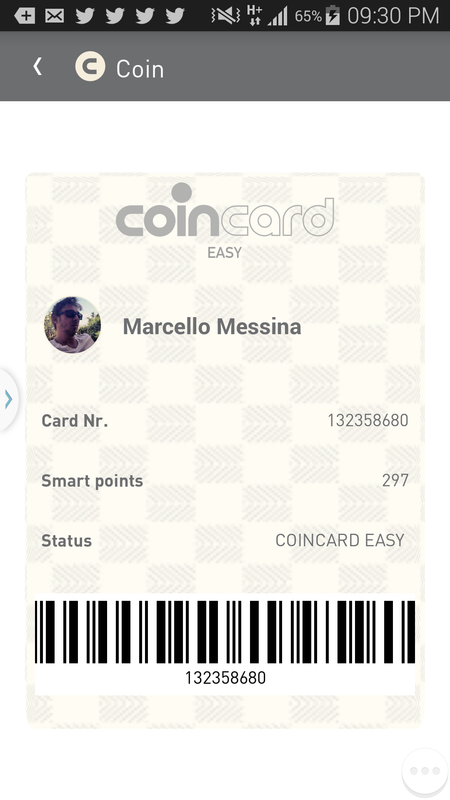
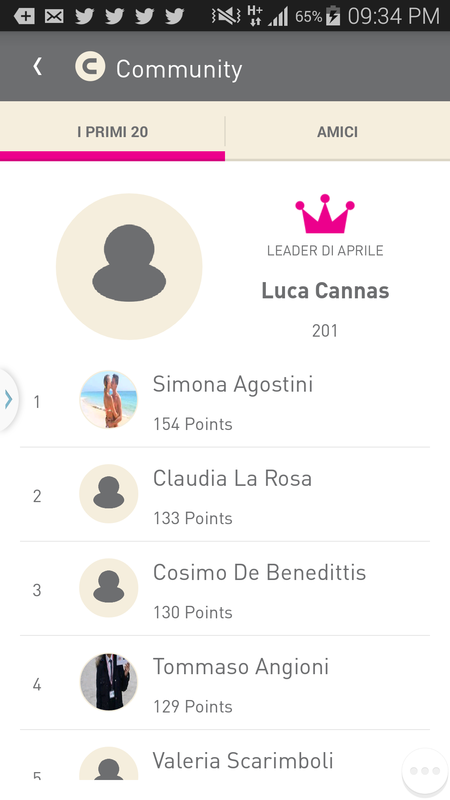

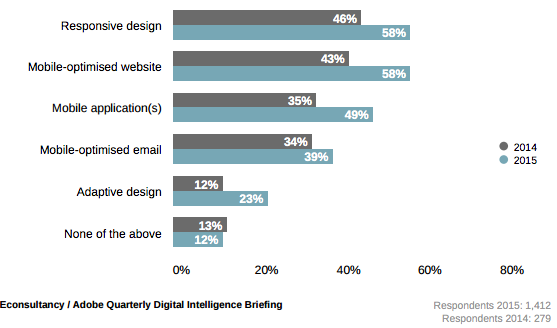






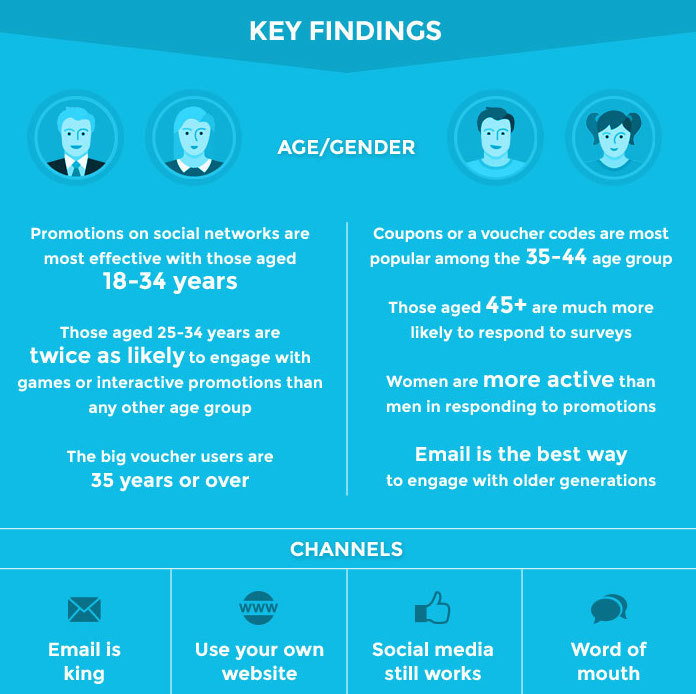
 RSS Feed
RSS Feed